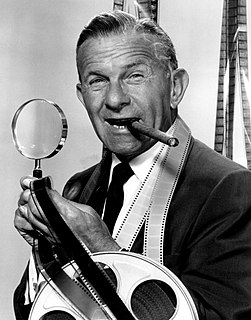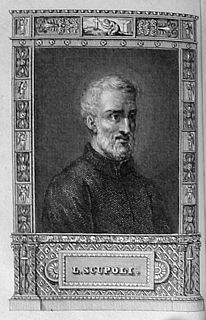A Quote by Charles Caleb Colton
It is a common observation that any fool can get money; but they are not wise that think so.
Related Quotes
Money is the root of all evil.' Then we hear, 'A fool and his money are soon parted.' What are they talking about? If money is so evil, shouldn't it be, 'A wise man and his money are soon parted'? And another thing, how does a fool get money in the first place? I know some fools who have a lot of money, but they won't tell me how they got it, and I won't tell them.
We could almost say that being willing to be a fool is one of the first wisdoms. So acknowledging foolishness is always a very important and powerful experience. The phenomenal world can be perceived and seen properly if we see it from the perspective of being a fool. There is very little distance between being a fool and being wise; they are extremely close. When we are really, truly fools, when we actually acknowledge our foolishness, then we are way ahead. We are not even in the process of becoming wise — we are already wise.
... you must hasten to oppose pernicious pride of mind, before it penetrates into the marrow of your bones. Resist it, curb the quickness of your mind and humbly subject your opinion to the opinions of others. Be a fool for the love of God, if you wish to be wiser than Solomon: 'If any man among you seem to be wise in this world, let him become a fool, that he may be wise' (I Cor. 3:18).




































